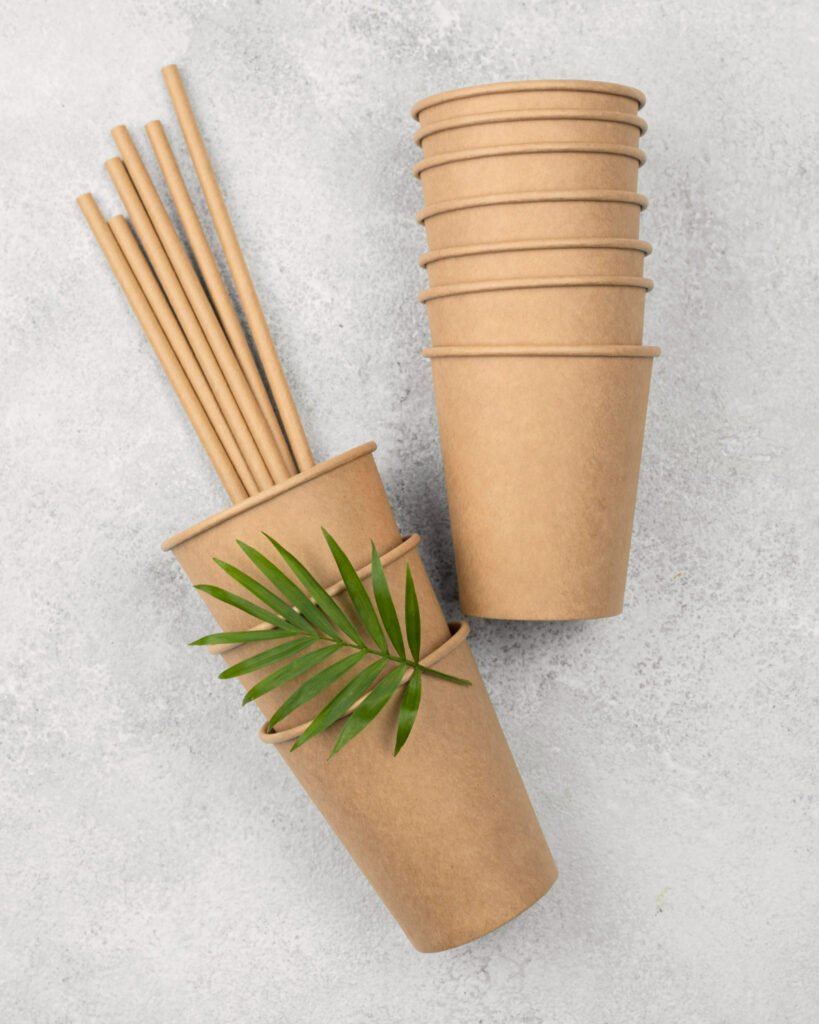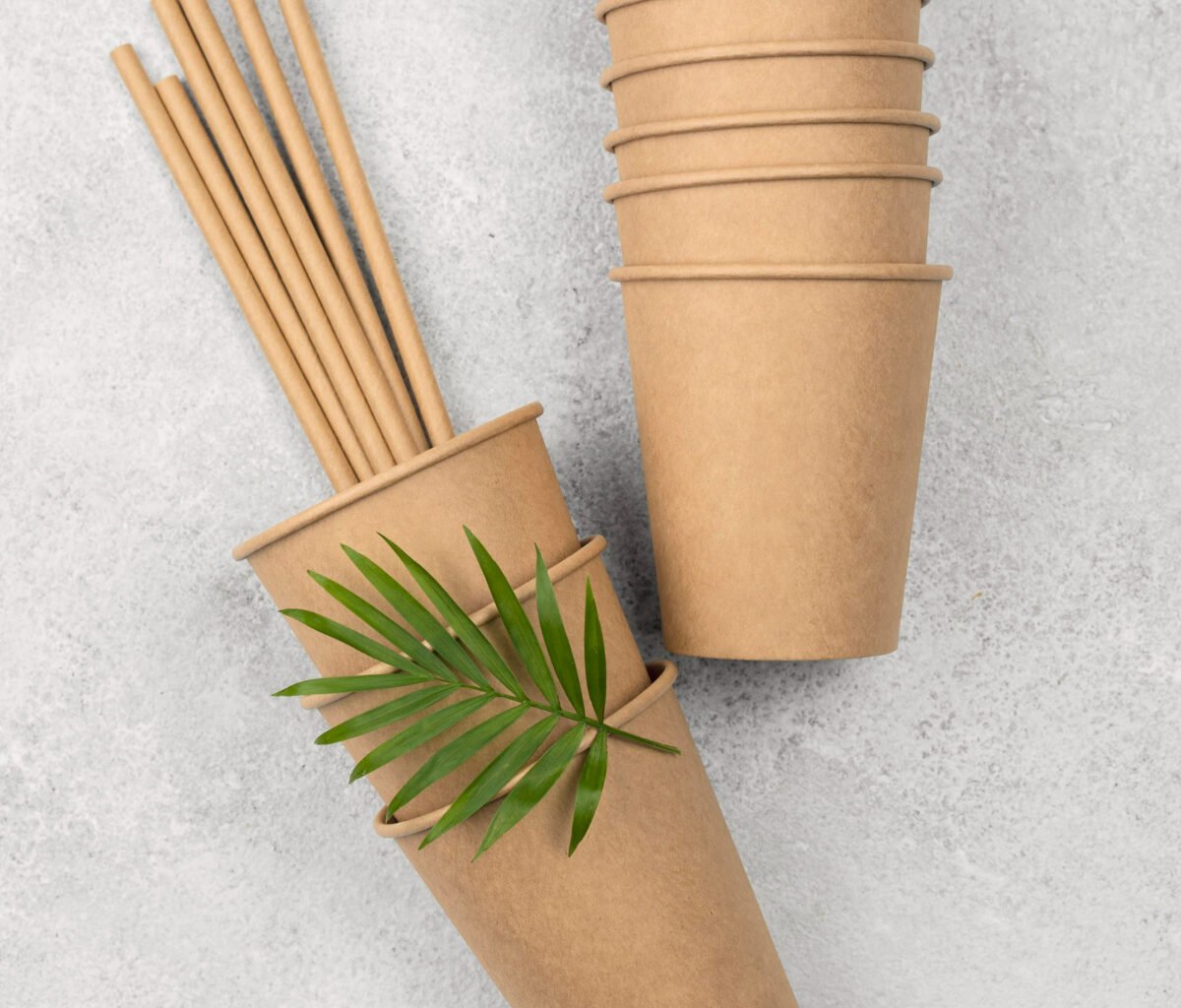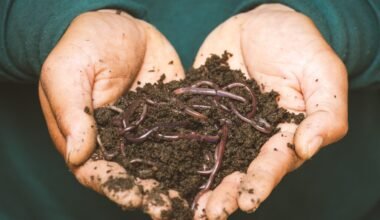Are you looking for ways to reduce waste and make more sustainable choices in your daily life? Biodegradable products might be just what you need.
In this ultimate guide, we’ll explore everything you need to know about biodegradable products – what they are, how they work, their benefits, and the challenges and controversies surrounding them.

What are Biodegradable Products and How Do They Work?
Biodegradable products are materials that can be broken down naturally by living organisms, such as bacteria and fungi, into simpler compounds. The process through which complex organic molecules are broken down by microorganisms into simpler compounds like carbon dioxide, water, and methane is called biodegradation. This process occurs naturally over time and is an essential part of the earth’s ecosystem.
The use of biodegradable products can help reduce waste accumulation and pollution levels, as they can be broken down naturally and do not persist in the environment for long periods of time. However, it’s important to note that not all materials can biodegrade naturally.
Minerals like metals, glass, and plastics are not biodegradable, which is why they can take hundreds or even thousands of years to decompose. Biodegradable plastics are being developed, but their decomposition time can vary greatly. For example, a loaf of bread decomposes in weeks, while a biodegradable plastic milk carton may take years.
Benefits of Biodegradable Products
Compared to traditional plastics, biodegradable products have several benefits. For one, they are better for the environment. Biodegradable products reduce the amount of waste that ends up in landfills, where they can take up valuable space and release harmful greenhouse gases. They also reduce the amount of pollution in the environment, as they can be broken down naturally and do not persist in the environment for long periods of time.
Biodegradable products can also be made from plant-based materials and renewable resources, making them a more sustainable option. Traditional plastics, on the other hand, are made from non-renewable resources like petroleum and natural gas, which are not sustainable resources. Biodegradable products can be made from materials like cornstarch, sugarcane, and bamboo, which are renewable resources that can be grown and harvested sustainably.
Types of Biodegradable Products
Biodegradable products are available in various forms, including food packaging, cleaning products, and personal care products. Biodegradable food packaging can be made from plant-based materials such as cornstarch, sugarcane, or bamboo. These materials are renewable and can be grown and harvested sustainably. Biodegradable food packaging is becoming increasingly popular as consumers seek out more sustainable alternatives to traditional plastic packaging.
Biodegradable cleaning products are made from natural ingredients that can be safely absorbed by the environment. These products are free from harmful chemicals and are a more sustainable alternative to traditional cleaning products. Biodegradable personal care products are also becoming increasingly popular, as consumers seek out products that are free from harmful chemicals and are more sustainable. These products are made from plant-based materials and do not contain harmful chemicals that can damage the environment.
| Product Type | Examples |
|---|---|
| Food packaging | Biodegradable utensils, food containers, straws, and bags made from cornstarch, sugarcane, or bamboo |
| Cleaning products | Biodegradable laundry detergents, dishwashing liquids, and all-purpose cleaners |
| Personal care products | Biodegradable shampoos, conditioners, soaps, and toothbrushes made from plant-based materials |
Challenges and Controversies Surrounding Biodegradable Products
While biodegradable products offer many benefits, there are also challenges and controversies surrounding them. One challenge is that the decomposition rate of biodegradable products can vary greatly. Some products may biodegrade quickly, while others may take years or even decades to break down. This can make it difficult to determine the best way to dispose of biodegradable products.
Another challenge is the proper disposal and management of biodegradable waste. While biodegradable products can be broken down naturally, they still need to be disposed of properly to avoid pollution and other environmental problems. For example, some biodegradable products may release methane gas when they decompose, which is a potent greenhouse gas. Proper disposal and management of biodegradable waste are essential to minimize the environmental impact of these products.
There is also a debate surrounding the effectiveness of biodegradable products in reducing waste and pollution levels. Some experts argue that biodegradable products do not offer a significant improvement over traditional products, as they still require energy to produce and may not break down as quickly as advertised. Others argue that biodegradable products are an important part of the solution to our environmental problems and that they can help reduce waste and pollution levels.
Personal Story: Making the Switch to Biodegradable Cleaning Products
When I first learned about the negative impact of traditional cleaning products on the environment, I knew I had to make a change. However, I was hesitant to switch to biodegradable cleaning products because I was not sure if they would be as effective.
One day, I decided to take the plunge and purchased a biodegradable all-purpose cleaner. I was pleasantly surprised to find that it worked just as well as my old cleaner. Not only that, but I felt better knowing that I was not contributing to the pollution and waste that comes with traditional cleaning products.
Since then, I have switched to using biodegradable laundry detergent, dish soap, and other household cleaners. Not only have I reduced my environmental impact, but I have also saved money in the long run by using products that are more concentrated and have less packaging.
Making the switch to biodegradable products may seem daunting at first, but it is a small step that can make a big impact on the environment. Read more about this on “Why I Made the Switch to an Eco-Friendly Lifestyle (And You Should Too)“
Proper Disposal of Biodegradable Products
Proper disposal of biodegradable products is essential to minimize their environmental impact. In general, biodegradable products are best disposed of through composting, as this allows them to break down naturally and become a valuable soil amendment. However, not all biodegradable products are suitable for composting, and it’s important to check the product’s packaging or contact the manufacturer for proper disposal instructions.
For biodegradable products that cannot be composted, it’s important to dispose of them in the proper waste stream. Many communities have special recycling programs for biodegradable products, and it’s important to check with local waste management authorities to determine the best way to dispose of these products.
Conclusion
Biodegradable products offer many benefits over traditional products, including reduced waste and pollution levels and the use of renewable resources. While there are challenges and controversies surrounding these products, they are an important part of the solution to our environmental problems. By using biodegradable products and supporting sustainable living, we can help protect the environment for future generations.
FAQs
Q: What is a biodegradable product?
A: A product that can be broken down by natural processes.
Q: How can biodegradable products help the environment?
A: They reduce waste and pollution in landfills and oceans.
Q: Who should use biodegradable products?
A: Anyone who wants to reduce their environmental impact.
Q: What are some examples of biodegradable products?
A: Compostable utensils, biodegradable trash bags, and plant-based cleaning products.
Q: How long does it take for biodegradable products to break down?
A: It depends on the product and the conditions it’s in, but usually weeks to months.
Q: What about the cost of biodegradable products?
A: They may cost slightly more, but it’s worth it for the environmental benefits.








